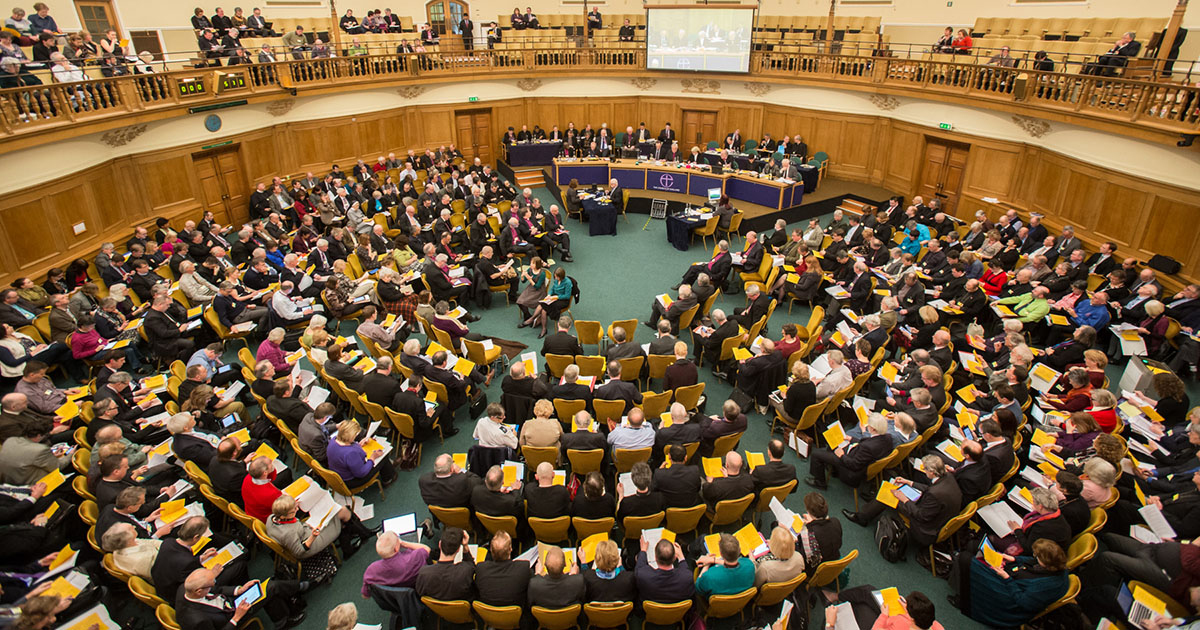A motion to force a General Synod debate on a report of the Archbishops' Council's decision to abolish the Independent Safeguarding Board was ruled "out of order" - but a second motion, linked to the Annual Report of teh Archbishops' Council and expressing the same points as the first, has now been accepted.
Tag: blog
General Synod to debate Independent Safeguarding Board closure
A motion has been tabled for this weekend's Generfal Synod meeting in York, calling on the Archbishops’ Council, working with its Audit Committee, to commission an independent inquiry led by a senior lawyer (judge or King’s Counsel) into the safeguarding bodies, functions, policies and practice in and of the Church of England, to report within a maximum period of 12 months, and for a subsequent debate by the Synod to enable it to make decisions about future safeguarding in the Church of England.
Make the most of International Womens Day
SOME campaigns are for causes whose aims and objectives are so obvious, you wonder why anybody actually has to campaign for them. Other campaigns may be for such a large proportion of society that you’d think sheer weight of numbers would enough to deliver those campaign aims. Take International Women’s Day, which falls this year […]
